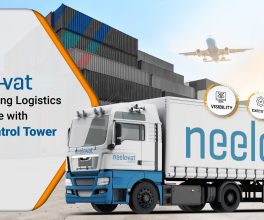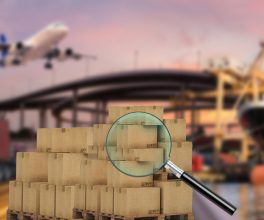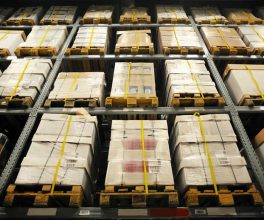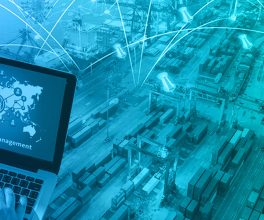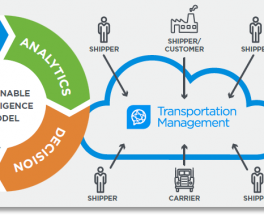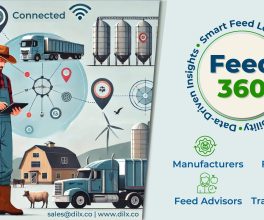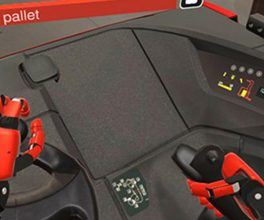Today’s supply chains are unrecognisable from even just a few years ago. As digitisation has re-shaped business models, and omnichannel becomes the new normal, retailers have had to think fast and hard about how they can harness the power of technology to drive efficiencies. Whether physical or financial, the supply chain is no longer a ‘back office function’, but a key system to enable transparency and agility in response to customer demands.
Blockchain has been top of the digital agenda discussion in recent months and brings exciting potential to shake up the supply chain. This report from Accenture – Is Blockchain the new Internet? – gives a compelling overview of blockchain’s ability to eliminate complexity from global supply chains and optimise the flow of goods and finance to achieve excellence in logistics.
As the technology evolves, it is now taking centre stage as a business reality – away from the ‘labs’ and into implementation. Its benefits centre across three key pillars – transparency, immutability and security.
Tracing the product journey
Let’s look first at the physical supply chain. The introduction of counterfeit goods into the supply chain is an ongoing concern. According to IP protection organisation, FACT, this costs European businesses around £300bn each year. Whether sub-standard, faulty, or dangerous, counterfeit goods can include foods, machine and auto parts, chemicals, medicines, toys, baby formula, medical instruments, perfumes and handbags.
In addition to this cost, ethically conscious end customers are increasingly demanding real time knowledge of the location of their packages in the delivery cycle.
Blockchain can create a ‘digital identity’ for individual items or shipments, using cryptographic identifiers such as painted 2-D graphene security tags which can be easily read by a smartphone, or serial numbers. As items move along the supply chain – from raw materials, to components, to assembled goods, to finished products, to final customer delivery – these tags can be tracked to establish provenance and authenticity. This journey can be recorded by trusted ‘witnesses’ at key points along the way and written immutably into the blockchain. At the point of delivery, whether from supplier to retailer or retailer to customer, the recipient can check that the item’s history matches its seller’s claims. We now have a real-time, auditable and tamper-proof record of a product’s full journey through the supply chain.
Matching payment with progress
Of course, this movement of physical goods is inextricably linked to the financial supply chain, which flows in the opposite direction – from customer to supplier. Supply chain finance is big business, with $2 trillion in financeable highly secure payments globally. However, it still suffers from significant inefficiency and error. This is most notably due to the perils of manual reconciliation between payment orders and invoices. This process is not only error-prone, but time-consuming, costly, and subject to delays as a result of differences between clearing systems.
In this context, smart contracts enabled by blockchain can track an item’s progress through the supply chain, and release payments to shippers or suppliers as milestones are reached. This takes away the need for manual reconciliation, regardless of how many different parties are involved in the chain.This then gives merchants the ability to make staged payments, or micropayments, to counterparties as their products move to their end destination.
Testing the water
As within many other industries, blockchain adoption has been hampered by a lack of developers with the expertise to create industry-specific solutions. This is changing however, with the emergence of new communities developing custom-made tools for businesses more quickly and cheaper – using Open Source blockchain.
As blockchain evolves, more governance is being created around it, and bigger players across industry, technology and policy are joining in to bridge the gap between innovation and reality. With this in mind, we can expect to see this technology really take off in 2018. Companies such as Deloitte and IBM are already introducing specialised supply chain offerings to businesses, primarily aimed at addressing the issue of product transparency.
The range of solutions will continue to evolve as increasing demand provides a stimulus for the development of innovative and more high-tech capabilities. In today’s globally connected world, this innovation will be key for the supply chain to keep its seat at the table as a strategic partner for business.
Author – CHRIS PAINTER, FOUNDER & CEO AT OMNITUDE
Courtesy of https://www.supplychaindigital.com/technology/back-office-blockchain-innovation-supply-chain

